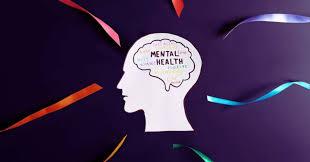Mental health refers to the emotional, psychological, and social well-being of an individual. It affects how we think, feel, and act, and plays a key role in how we handle stress, relate to others, and make choices. Mental health is just as important as physical health, yet it is often overlooked or stigmatized in many societies.
Maintaining good mental health allows us to cope with the challenges of daily life, build meaningful relationships, and perform at our best in work and school. However, mental health issues can arise due to various factors, including genetics, environment, trauma, or chemical imbalances in the brain. Conditions like anxiety, depression, bipolar disorder, schizophrenia, and PTSD can significantly affect one’s ability to function.
One of the biggest challenges in addressing mental health is the stigma that surrounds it. People with mental health conditions are often misunderstood or judged, making it harder for them to seek help. This is why raising awareness, educating the public, and creating open spaces for conversations about mental health are essential steps toward improving overall well-being.
Taking care of mental health involves a combination of self-care practices, therapy, and, when necessary, medication. Just as we take steps to keep our bodies healthy, nurturing our mental health through relaxation, social connections, and professional support is vital. By fostering a culture of understanding and compassion, we can reduce the stigma and create a society that supports mental well-being for all.

